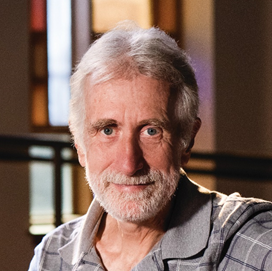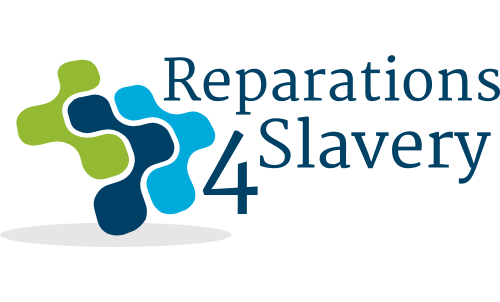Interview with David Alley

R4S: Where did you grow up? What was your hometown like?
David: Well, I'm a preacher's kid. We lived in several cities, but when I was in third grade, my dad took a minister’s job in Springfield, MO, so that’s where I grew up. My exposure to African Americans was extremely limited; it was pretty much a white-only kind of environment, including the church where my dad preached, which was a very conservative, fundamentalist, Christian denomination.
R4S: What messages did you receive from your family about race when you were growing up?
David: Two memories really stand out for me. One, visiting my mother's parents in the Texas Panhandle, was particularly memorable. Her dad was openly hostile to African Americans. For instance, when Martin Luther King, Jr. was on television, he would use the N word to describe him. And in retrospect, I look back and see with some shame that my family never talked about that behavior or discouraged it, even though my dad was a minister. You know, on the long ride home to Springfield, Missouri, there wasn't that lecture, “Well now, we shouldn't talk that way.” The issue was just ignored.
And then on my dad's side, I learned from one of my aunts, who was doing genealogy research, that some of our forebearers in Missouri had enslaved people. There were five or six people enumerated in some last will and testament documents that I have. And, that, again, was basically ignored.
R4S: What feelings came up for you when you discovered that you were a descendant of enslavers?
David: Honestly, the first feeling I recall was just a kind of numbness. I had to acknowledge that I had not previously been particularly interested in learning American history. Also, the surprise of it - this was not a plantation in the South, it was a small farm in Missouri.
Frankly, my feelings really didn't start to register until about two and a half years ago when attended an intense, “Mindful of Race” weekend, meditation workshop with Ruth King. This workshop helped me acknowledge the kind of advantages I have just by virtue of having white skin and being born into my family. In fact, it occurred to me that I might be alive now literally because of the prosperity that was created by my ancestors on the backs of Black people.
R4S: How did these thoughts figure into your decision to begin looking into the reparations movement?
David: I think the alignment of a couple factors took me in this direction. I had taken this training with Ruth King, and at the same, I had decided to sell my business back to my employees. With more time on my hands, I wanted to think about what I could do to be useful in this last chapter of life. I started doing a lot of reading, and happened to read about House Bill 40, which Rep. John Conyers introduced 29 years ago, calling for an effort to understand slavery and its impact, and then to make recommendations to Congress.
It all made sense. As I read further, I came to realize that this original sin of slavery has been tremendously damaging not just to African Americans, but to all of us. I’ve come to two conclusions: my business perspective tells me I've got to be involved with reparations because it doesn’t make financial sense for our country to continue with racist economic policies. And my heart tells me that as an individual whose family was directly involved, it is my responsibility to work toward a solution.
R4S: How does white supremacy affect business?
I think many white people are fearful that it's a zero-sum game, that any gains another group achieves somehow reduce what we’ve worked to achieve.
Recently, I was surprised to read a report from the Kellogg foundation, “The Business Case for Racial Equity.” Their research indicated that a potential $8 trillion increase to our economy would result if we had systems in place that were built around racial equity. For example, equalizing access to things like education, healthcare, and banking.
Many Black owned businesses are likely to fail right now because they don't have the access to the kinds of financial products and services that I, as a white business owner, have access to.
For instance, when my company wanted to enroll in the COVID-19 pandemic payroll protection program, we had a relationship with a local bank, so the process was easy, and we got the loan. Many Black owned businesses, on the other hand, may not have this sort of access, and haven’t been able to get that kind of protection. I'm afraid many Black-owned companies are going to go out of business. And that hurts the entire economy. So, I think there's much, much to be gained by an equitable economic system.
R4S: What are your recommendations to other business owners?
David: We must look within our own organizations and assess where we are regarding racial equity. What is our culture like? Business guru Peter Drucker is famous for saying, “Culture eats strategy for breakfast.” As business owners, we've got to think deeply about our culture and replace our dusty old business plans with new versions that better reflect where society needs to be headed. We've got to understand that our organizational culture is really the basis for our operations. And if we have not addressed racial equity issues in our operations, how will we serve a changing client-base? Ultimately, I think it’s important for white people to challenge other white people to keep going in this direction. We have our work cut out for us. And, if we don’t change? It’s clear that we will soon begin to feel the financial effects.
